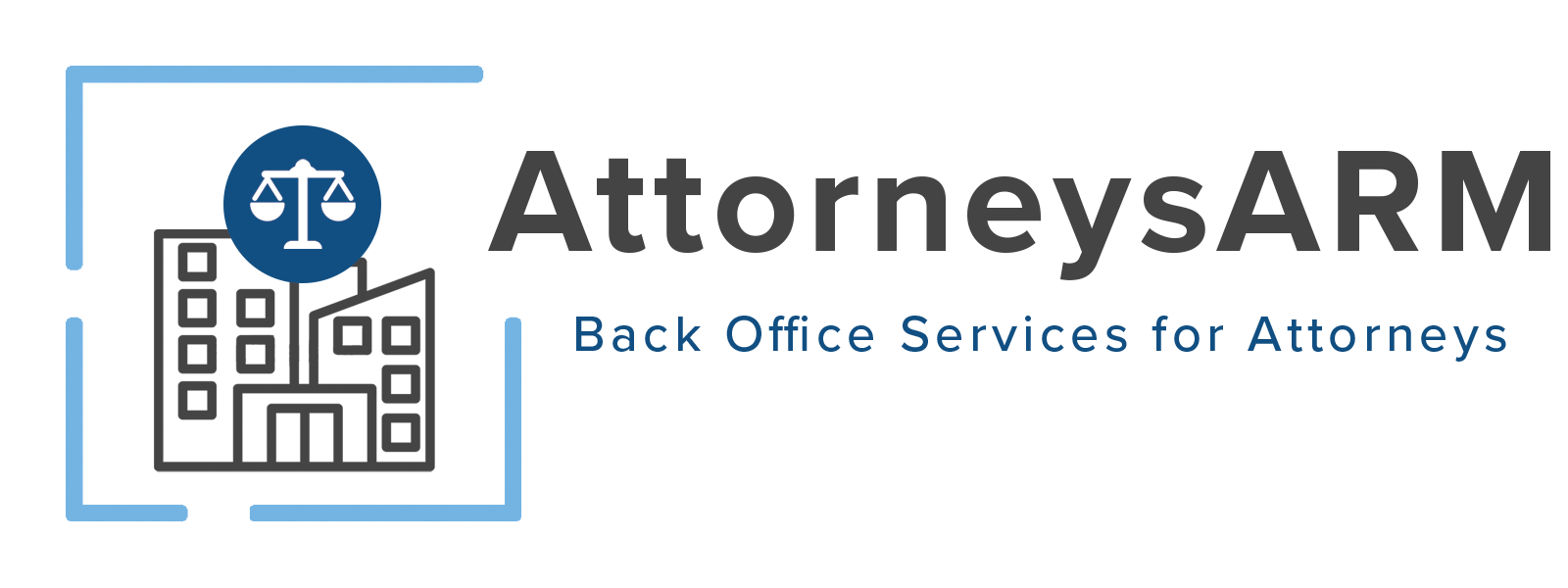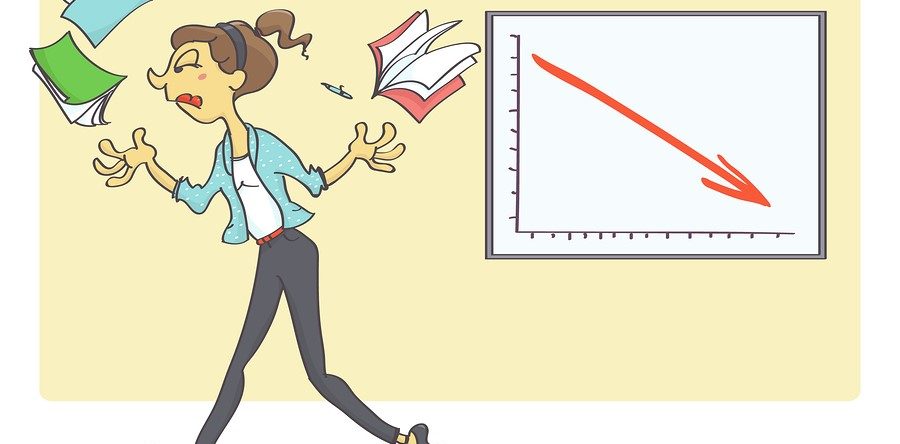Commercial collections is the process a business takes to collect on past due accounts where the account holder is another business. When it comes to the commercial collections process, there are a few key differences when compared with consumer collections. Yet, it can still be a battlefield. Here are 4 commercial collections mistakes and what you can do to correct them.
You Don’t Have a Written Commercial Collections Procedures Manual
It’s important to have a written commercial collections procedure manual because it helps ensure that your business follows some sort of timeline and that anyone in your business who works on collections does so in the way that best represents your business. It also helps to ensure that all commercial clients are treated equally.
A written commercial collections procedures manual should include the timeline of your collections process, a list or links to relevant federal and state commercial collections laws, and a simplified flow chart to help your employees through the process.
You Don’t Have a Personal Guaranty on Commercial Accounts
When businesses are legally formed, it can limit the amount of personal responsibility the business owner has for debts incurred by the business. Of course, this is something that we all appreciate as business owners because it also limits personal liability in many ways. Yet, when it comes to collecting on commercial accounts, that limited responsibility can make it hard for your business to get paid.
When you create your credit application and your contracts, insert the proper language to create a personal guaranty. You should talk with your lawyer about the best way to do this in your state. The purpose is to give you another option to collect if their business is dissolved because of financial problems.
You Don’t Know Your Options
Just like with consumer collections, you have options to collect on past due business accounts. You can choose to keep the accounts in-house and send out letters, perform collections calls, and hopefully create payment plans that are fulfilled. You can also choose to file a small claims lawsuit. However, you should contact your small claims court to find out the limit on what you can recover, consider the likelihood that you’ll actually collect, and consider the costs associated with a lawsuit (with and without an attorney).
Another option is to outsource the account to a first-party collections agency. With a first-party collections agency, the debt collectors identify themselves as people associated directly with your business. You could elect to outsource to a third-party collections agency. Debt collectors would identify themselves as representatives of the debt collection agency. With either of these options, look for a debt collections agency that is in good standing with the Commercial Collections Agency Association (CCAA).
You can also talk with an attorney that specializes in commercial collections. They can look at the accounts at an individual level and help you determine which are most likely to be collected on.
Clients ARM – Here to Help with Your Commercial Collections Needs
If you’re not collecting on commercial accounts, contact Clients ARM. We provide both first and third-party commercial collections help. With reasonable rates and a collections rate greater than 90%, Clients ARM is ready to put our more than 30 years of experience to work for you! To learn how Clients ARM can help you with your collections, schedule your free consultation.




